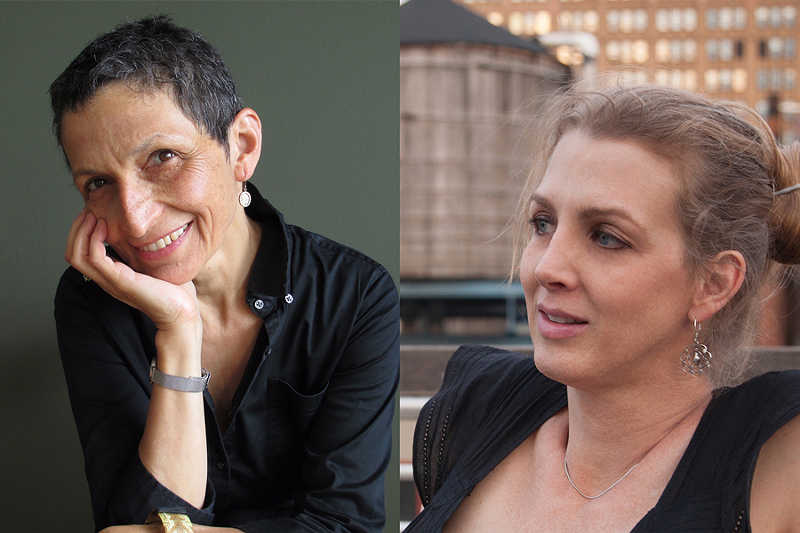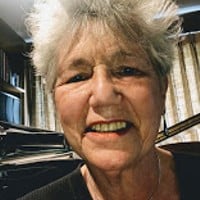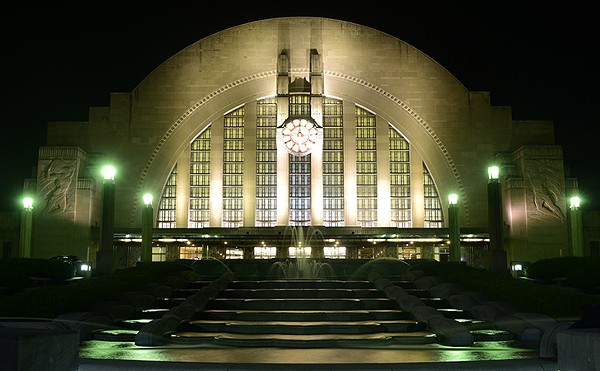On May 12, 2008, over 900 agents from the U.S. Immigration and Customs Enforcement (ICE) division of the Homeland Security Department raided a kosher meatpacking plant in Postville, Iowa. They arrested 398 employees — mostly Guatemalans — who were over 10 percent of the town’s population. Most were deported, plunging Postville into an economic depression that it has yet to recover from.
Composer Laura Kaminsky learned about the raid from her sister, an immigration specialist who worked in Postville, and documentary filmmaker Luis Argueta (AbUSed: The Postville Raid).
She pitched it as an opera to Opera for All Voices, a collaboration between Santa Fe Opera and San Francisco Opera. Her large-scale concept was turned down, but several months later Kaminsky got a call asking her to recast the opera on a smaller scale.
She turned to librettist Kimberly Reed — her co-librettist for two previous works including last season’s brilliant As One. Reed created the scenario for Postville: Hometown to the World, a chamber work for three characters and an optional chorus.
The creative team is in town for a five-day workshop under the auspices of Opera Fusion: New Works, a collaboration between Cincinnati Opera and the College-Conservatory of Music’s Opera Department, funded by the Andrew W. Mellon Foundation. A public performance of excerpts on Dec. 16 is sold out, but a live stream of the show is available at cincinnatiopera.org.
“I was intrigued by Postville as a microcosm of the U.S. and a microcosm of the world,” says Reed, speaking by phone from New York. “This tiny town of maybe 2,000 people was grappling with the same social issues that we in America are still grappling with.”
Postville’s characters reflect the communities affected by the raid. Reed describes Linda Larsen, a county commissioner, as “representing the northern European Caucasian farming community that is the majority in residence, what people probably think of when they think of Iowa.”
Linda Larsen is a Guatemalan immigrant whose husband and teenage son have been deported. Since her infant son was born in the U.S., she remains in Postville but must wear an ankle bracelet to monitor her movements.
Abraham Fleischman is a member of the Lubavitcher sect of orthodox Jews that owned and operated the meatpacking plant. He’s been outed as a gay man, kicked out of his home, and stays with Larsen.
Although Kaminsky and Reed did extensive research, visited Postville and conducted interviews with many of those affected, they agreed that the characters would be fictional, with one exception.
Dr. Temple Grandin, an animal behavior specialist and advocate for autism awareness, met with the plant owners to recommend more humane methods for slaughter, but was rebuffed. The mezzo soprano singing Larsen doubles her role.
The stories are compressed into 10 scenes.
Kaminsky’s score calls for violin, viola, cello, double bass, clarinet and percussion. There are optional choral settings of Emma Lazarus’s poem “The New Colossus,” which appears on the Statue of Liberty.
Kaminsky adds that the three singers participating in the workshop — Blythe Gaissert, Matthew Worth and Paulina Villarreal — have all performed operas she and Reed created. Having performers that know their verbal and musical language is another goal of Opera Fusion, says co-artistic director Marcus Küchle, director of artistic operations and new works development for Cincinnati Opera.
“We want to develop new works and we also want to generate a group of singers who can bring these works to life and, at the same time, boost their careers,” he says. Opera Fusion’s co-artistic director Robin Guarino adds that Postville, like the recently workshopped Blind Injustice, brings social issues to the stage.
“Opera is changing in compelling and political ways,” Guarino says. “These new works strive to be relevant and to connect with human beings. All of us want to be part of it.”
The reading of excerpts from Postville: Hometown to the World will live stream at 7:30 p.m. Dec. 16 at cincinnatiopera.org.







